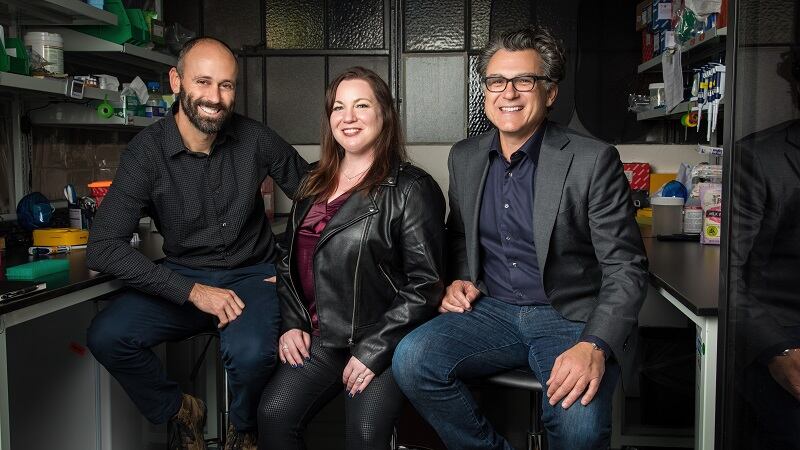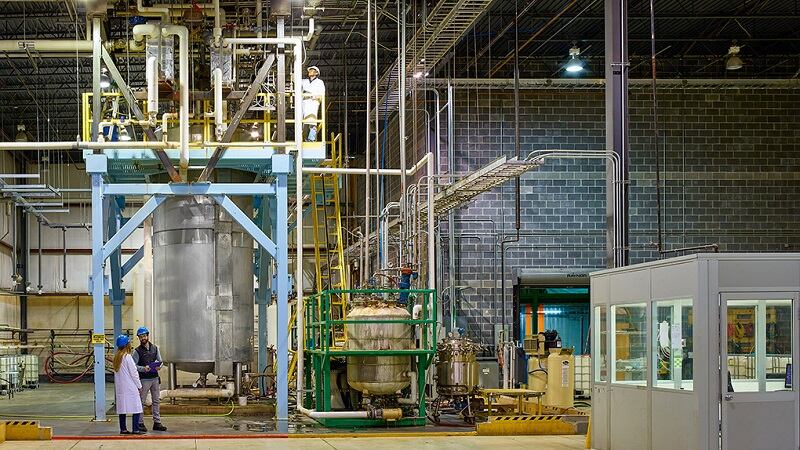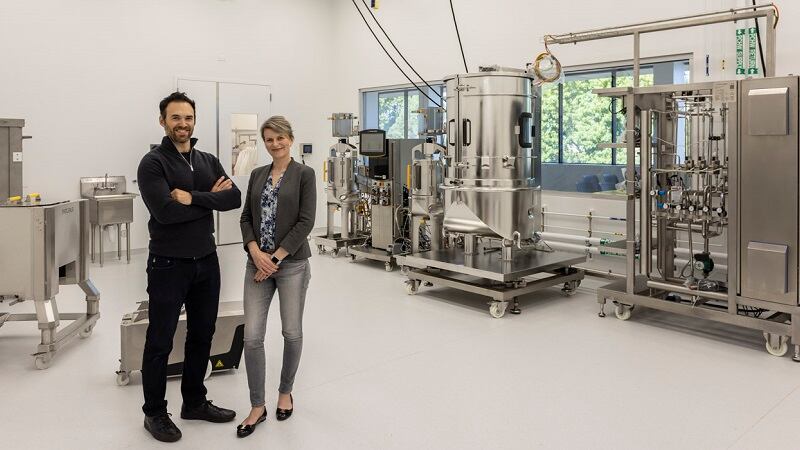Last year, Triplebar and FrieslandCampina Ingredients entered into a multi-year and multi-product agreement to “develop multiple bioactive proteins using ... strains as tiny production factories,” as shared in a previous FoodNavigator-USA article.
In the first part of that partnership, the two companies will work together to produce lactoferrin — a protein found in small amounts in cow's milk — by precision fermentation, Maria Cho, CEO at TripleBar, told Food Navigator-USA. Other ingredients beyond lactoferrin are also currently being explored as part of this partnership, Cho added.
Triplebar's proprietary platform discovers ways to develop sought-after food and nutrition ingredients by using its microfluidics-based Hyper-Throughput platform to rapidly test for organisms that are suitable for scaling up in precision fermentation processes.
“The partnership is a really great one because what it does is focus on where the two parties bring their specific innovation and value into the value chain. Triplebar leverages our [technology], … which uses a microprocessor for biology to take organisms that produce proteins that are identical, or bio-identical, and those found in nature at the characteristics that are needed for that protein to be scalable.”
Expanding lactoferrin market beyond infant formula
Today, lactoferrin is largely used in premium infant formulas due to its price per kilo being "quite high," but the ingredient has applications in other categories, Cho noted. The two companies hope to boost the supply of the ingredient and drive down the price by creating lactoferrin through precision fermentation, she added.
The lactoferrin market is also “expected to more than double over the next year,” due to this increased demand, Cho said.
“FrieslandCampina Ingredients is a world leader in dairy ingredients production as derived from cow's milk, but the demand for these bioactive proteins is quite large. And in fact, the demand is much higher than the supply,” Cho said. “There's really a place for augmentation of the current supply into the market, leveraging precision fermentation and also expanding the markets that lactoferrin is currently being used in.”
She added, “Given the scientific research that demonstrates the benefits of consuming lactoferrin at all stages of life, there was really a push to say how can we produce this product at a cost point that can make it [commercially available] more broadly into these other types of products, and even as a supplement for adults.”
Alternative protein funding challenges: “We're getting close” on figuring out the value chain
While Triplebar and FrieslandCampina Ingredients are collaborating on lab-created ingredients, the alternative protein space has faced a series of setbacks due to lower funding levels. This year, plant-based shrimp company New Wave Foods went out of business, and plant-based bacon company Hooray Foods and nugget maker Nowadays shuttered their businesses last year.
To survive in the current market, alternative protein startups need to first ensure that the product is actually delivering on a market demand and that companies also explore all their options when it comes to funding, Cho explained.
"What is really important is really focusing innovation in the value chain where we know that innovation is needed to create these products at cost points that are scalable. ... I think lots of the reasons why there has not been a large investment in a lot of large scale is because that whole value chain process [is] being worked out, and I think we are getting close in a couple of really important elements with the strain engineering [and] with the fermentation process."
Many alternative protein startups raised venture-capital funds — exchanging equity in the company for money — to fuel business growth, but other funding options are available for companies moving forward, Cho noted. Alternative protein companies can take on venture debt — borrowing money as opposed to exchanging equity — or find governmental grants or investments from large industry players, she added.
Alternative protein companies should also be careful about designing facilities based on a single product and instead should think about creating one that "can support multiple different types of products," Cho suggested. Companies like biomanufacturing facilities company Synonym can help companies figure “out that scaling process" and assist with designing facilities, she added.




